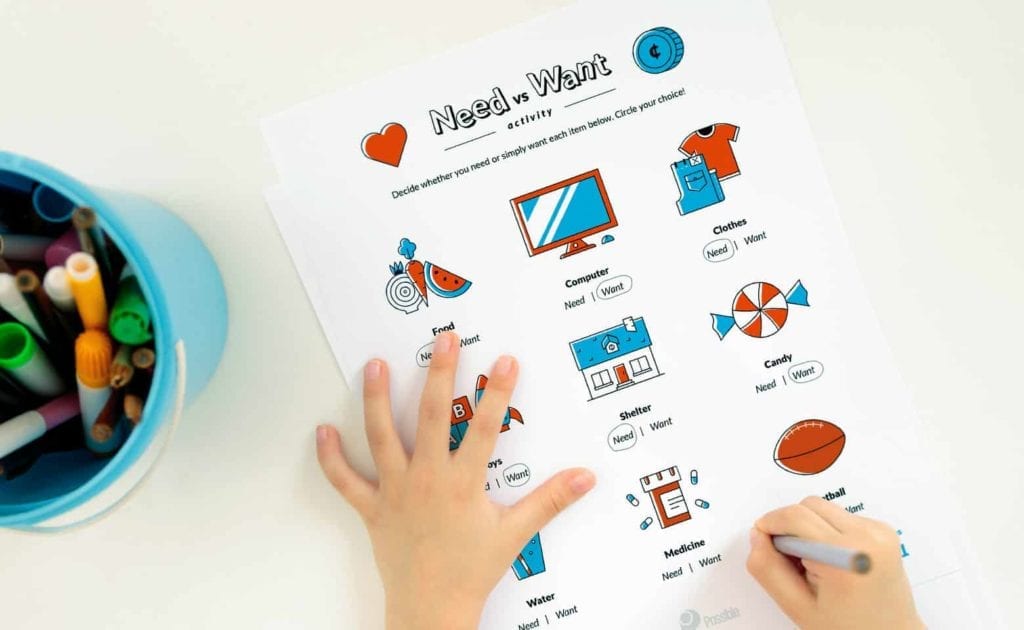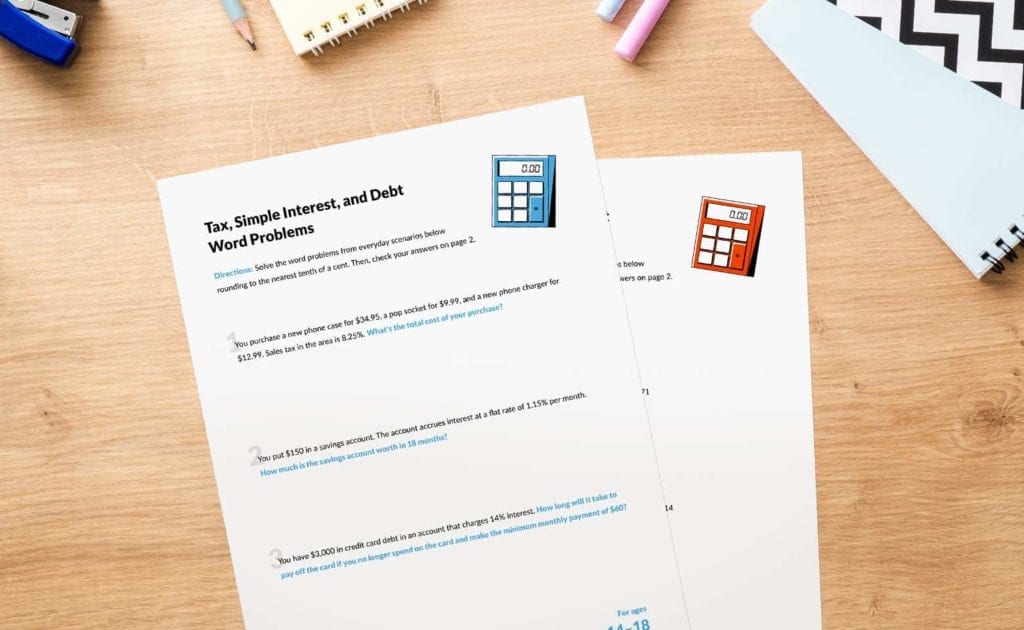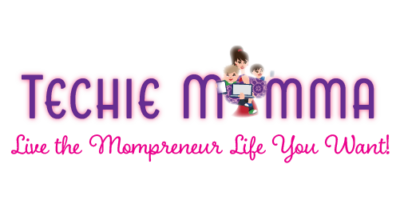2020 was a tough fiscal year for many. It’s made us revamp our budgets and take more concern for the money coming in and going out than ever before. What a better way to start the New Year than by teaching our children the best fiscal habits that helped us through an unprecedented time?
Think about the money habits that have helped you thrive and create lessons around each topic for your kids. Then, print these five financial activity worksheets to supplement your lessons from Pre-K to high school.
Essential or Not?

Last year, many of us learned what was worth the extra mark-up, and what wasn’t. Maybe you noticed your pocketbooks were a little larger when you were no longer going out to eat, or keeping up with the latest trend. Whether you spent more online shopping or less, you probably learned a lot more about what was essential and what were luxuries. The sooner your children can recognize this key difference, the sooner they’ll be cognizant of the way they spend their money. Print this “Needs vs. Wants” activity for a simple worksheet for kids to learn about essentials versus splurges.
Tax, Interest, and Debt

While some debt was forgiven in 2020, many of us faced the challenge of a lower income with the same monthly payments. Whether your tween is getting ready for a summer job, or headed out into the workforce full time, sit down with these tax, simple interest, and debt word problems to help them grasp the concept of ‘adulting’.
While money conversations aren’t the most fun topics to discuss with your kids, talking about the good, the bad, and everything in between can help them feel more prepared for the real world, despite their socioeconomic background. Whether you’ve struggled with your own finances or not, these lessons will become vital to your little one’s financial future!


 BY TECHIE MAMMA
BY TECHIE MAMMA